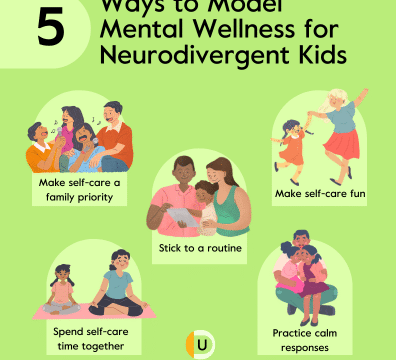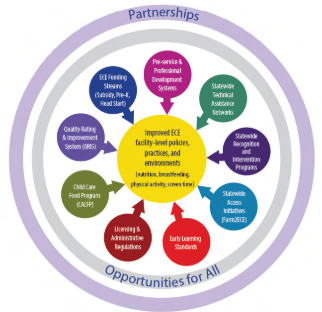Online education has opened doors for learners around the world, offering flexibility and accessibility like never before. However, long online lectures can sometimes be challenging to stay focused on, especially when distractions are just a click away. Whether you’re attending university classes, professional webinars, or online training programs, staying engaged is key to retaining information and making the most of your learning experience. Here are several effective strategies to help you stay attentive and productive during long online lectures.
Create a Dedicated Learning Environment
One of the most important steps you can take is setting up a distraction-free space dedicated to learning. Choose a quiet room where you can minimize interruptions. Keep your desk organized, ensure good lighting, and use a comfortable chair. Let others in your household know your schedule to reduce disruptions. Using noise-canceling headphones can also help block out background noise and create a focused environment.
Take Purposeful Notes
Taking notes during online lectures can significantly improve your engagement and retention. Whether you prefer digital tools or traditional pen and paper, the act of writing down key points helps reinforce the material. Try using structured methods such as the Cornell note-taking system or outlining main ideas and supporting details. Engaging actively with the content keeps your mind alert and aids in long-term understanding.
Use Time Management Techniques
Long lectures can test your attention span, but using proven time management techniques like the Pomodoro method can help. This involves working in focused intervals (typically 25 minutes), followed by short breaks (5 minutes). After a few cycles, take a longer break. These intervals help maintain concentration and prevent mental fatigue. Many timer apps are available to help you implement this strategy effectively.
Stay Physically and Mentally Refreshed
Hydration and nutrition play a crucial role in maintaining focus. Keep a bottle of water nearby and opt for light, healthy snacks such as fruits, nuts, or yogurt. Avoid heavy meals or sugary snacks that may lead to sluggishness. Incorporate short physical activities during breaks, such as stretching or walking, to improve blood circulation and reduce fatigue.
Participate Actively
Active participation can greatly enhance your engagement in an online lecture. Ask questions, contribute to discussions, and respond to polls or quizzes if available. Even if you’re not required to speak, using the chat function or participating in group activities keeps you mentally involved. Interaction also helps clarify concepts and makes the experience more collaborative and less isolating.
Review and Reflect
After the lecture ends, spend a few minutes reviewing your notes and summarizing what you’ve learned. This practice helps reinforce key points and identify any areas that need further clarification. Reflecting on the content can also help you draw connections between new information and what you already know, deepening your understanding.
Maintain a Consistent Routine
Establishing a routine can improve your ability to stay engaged during lectures. Try to attend classes at the same time each day, and follow a consistent pre-class ritual such as reviewing previous notes or preparing your workspace. A steady routine trains your brain to anticipate and prepare for focused learning sessions.
Be Patient and Self-Compassionate
It’s natural to experience occasional lapses in concentration, especially during particularly long or dense lectures. Recognize that learning is a process, and it’s okay to take breaks or review material more than once. Practicing self-compassion can reduce stress and motivate you to stay committed to your learning goals.
Conclusion
Staying engaged during long online lectures requires intention, preparation, and practice. By creating a supportive learning environment, managing your time wisely, and actively participating, you can enhance your focus and get more out of your online education. Over time, these habits can lead to better comprehension, improved performance, and a more enjoyable learning experience overall.






